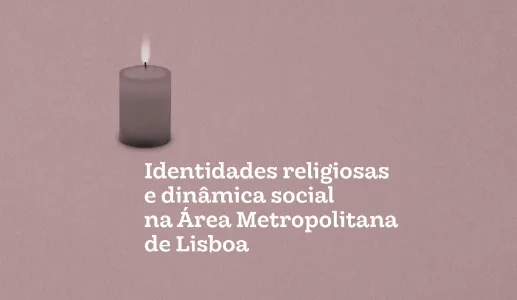
Religious identities and social dynamics in the Lisbon Metropolitan Area
In recent years, the discussion about the impact of migratory flows on models of social cohesion has reignited in Europe. The results of various studies seem to point to the fact that in Europe, tolerance of ethnic and religious differences is dependent on demographic balances. The European nations that experience the integration of new religious identities most tensely are the places that are most pressured by the demographic weight of new residents.
This study by Fundação Francisco Manuel dos Santos, looking at the religious landscape in the Lisbon region (the region with the greatest religious diversity in Portugal), seeks to test this hypothesis more effectively, through what the authors call «a zoom effect», taking into account the social dynamics that characterise the modernity of this geographic area. In this sense, the study addresses:
- the distribution of religious positions by geographical area in the Lisbon Metropolitan Area
- the performance of regular tasks in the religious community
- the place of birth of foreign-born believers
- the relationship between the practice of general leisure activities and religious practice
- the relationship between religious belief and opinions on issues such as euthanasia
- the experience of religious discrimination.
Through this study, Fundação Francisco Manuel dos Santos seeks to contribute to more in-depth knowledge of the Portuguese reality, thus fulfilling its founding principle.







